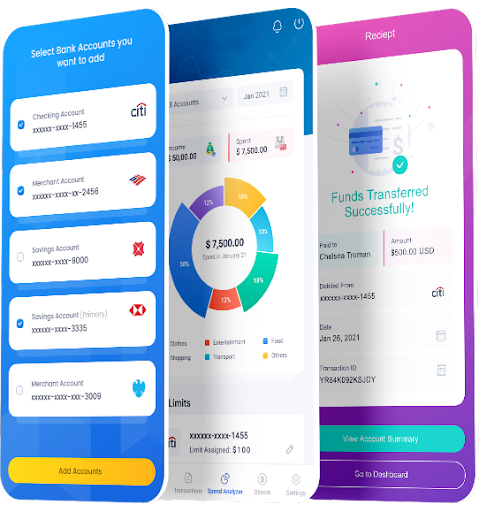In today’s competitive digital landscape, businesses are constantly looking for ways to innovate and improve their operations. One of the most effective ways to achieve this is by leveraging a low code platform for application development. These platforms enable organizations to build, deploy, and manage applications faster and more efficiently, with minimal hand-coding required.
A low code platform for application development is a visual-based development environment that allows users to create applications through graphical interfaces and configuration rather than traditional coding. This approach reduces the complexity and time needed to develop software, making it accessible to both professional developers and non-developers alike.
Advantages of Using a Low-Code Platform
Faster Time-to-Market: One of the primary benefits of using a low code development platform for app development is the speed at which applications can be built and deployed. By eliminating much of the manual coding process, these platforms significantly reduce development time, allowing businesses to bring their products and services to market faster.
Cost Efficiency: Developing applications from scratch can be expensive, especially when factoring in the need for specialized coding skills. A low code application development platform minimizes these costs by enabling a wider range of team members to participate in the development process, thereby reducing the need for extensive coding expertise.
Scalability and Flexibility: As businesses grow and their needs evolve, applications built on a low code platform for application development can be easily scaled and modified. This flexibility ensures that the software can adapt to changing business requirements without the need for significant redevelopment.
Enhanced Collaboration: The visual nature of low code development platforms for app development fosters better collaboration between IT and business teams. Non-technical stakeholders can easily understand and contribute to the development process, ensuring that the final product aligns with business objectives.
Streamlined Maintenance: Applications built on a low code application development platform are generally easier to maintain. The visual development environment simplifies the process of making updates or fixing issues, reducing downtime and ensuring that the application remains up-to-date.
Practical Applications of Low-Code Platforms
- Business Process Automation: Many organizations are turning to low-code platforms for application development to automate repetitive business processes. By doing so, they can increase efficiency, reduce errors, and free up valuable human resources for more strategic tasks.
- Custom Application Development: Businesses often require custom applications that are tailored to their specific needs. A low-code development platform for app development allows organizations to build these applications quickly and cost-effectively, ensuring they meet the unique demands of their industry.
- Legacy System Modernization: For companies dealing with outdated legacy systems, integrating new applications can be a daunting task. A low-code application development platform offers an efficient way to modernize these systems, allowing businesses to enhance their existing infrastructure without the need for a complete overhaul.
- Customer Engagement Solutions: In today’s digital age, customer engagement is critical. Low-code platforms for application development enable businesses to create and deploy customer-facing applications, such as mobile apps and web portals, that enhance the user experience and improve customer satisfaction.
The Future of Low-Code Development
The rise of low code development platforms for app development represents a significant shift in how businesses approach software development. As these platforms continue to evolve, they are likely to play an increasingly important role in helping organizations stay agile and responsive to market demands.
Wider Adoption Across Industries: As more businesses recognize the benefits of low code platforms for application development, adoption is expected to grow across various industries. From healthcare to finance, organizations are leveraging these platforms to drive innovation and improve operational efficiency.
Integration with Emerging Technologies: The future of low-code application development platforms is likely to involve greater integration with emerging technologies such as artificial intelligence, machine learning, and the Internet of Things (IoT). This integration will enable businesses to develop even more sophisticated applications that can harness the power of these technologies.
Increased Focus on Security: As the use of low-code development platforms for app development becomes more widespread, ensuring the security of the applications created on these platforms will be paramount. Future developments in low-code platforms will likely include enhanced security features to protect against cyber threats and ensure compliance with industry regulations.
Empowering Non-Technical Users: One of the most exciting prospects of low-code platforms for application development is their potential to empower non-technical users. As these platforms become more user-friendly, a broader range of employees will be able to contribute to the development process, leading to greater innovation and faster problem-solving within organizations.
Conclusion
In summary, low-code platforms for application development are transforming the way businesses approach software development. By enabling faster, more cost-effective, and scalable application creation, these platforms are helping organizations stay ahead in a competitive market. As technology continues to advance, the role of low-code development platforms for app development will only become more critical, making them an essential tool for businesses looking to drive innovation and achieve their strategic goals.



